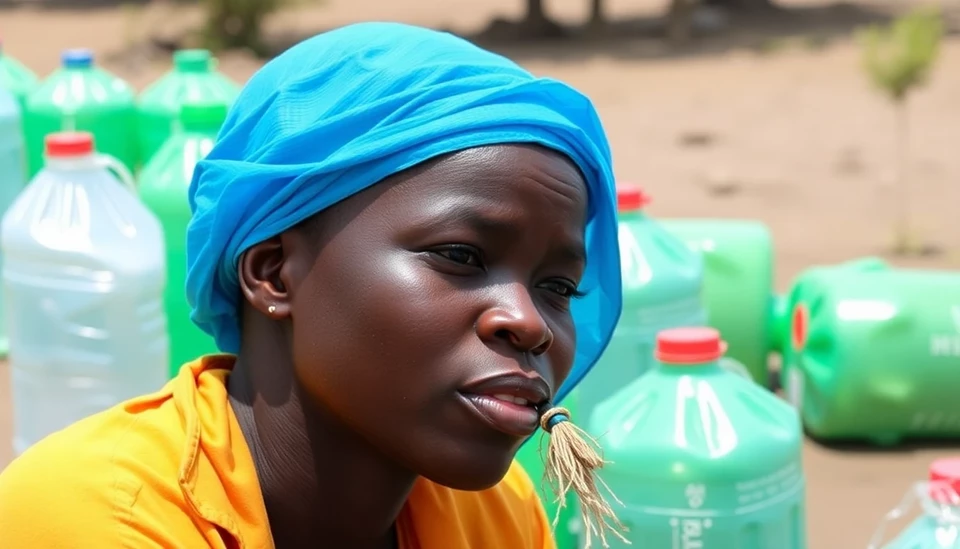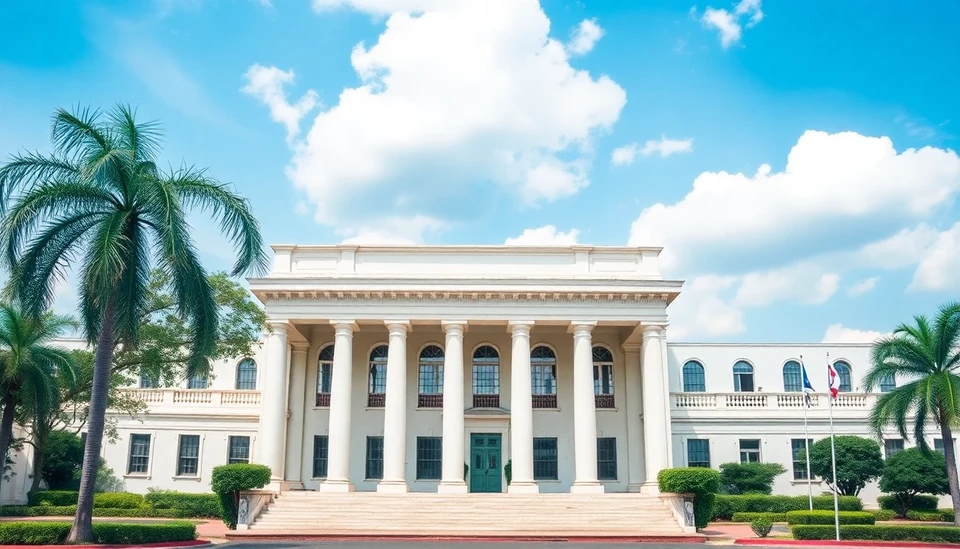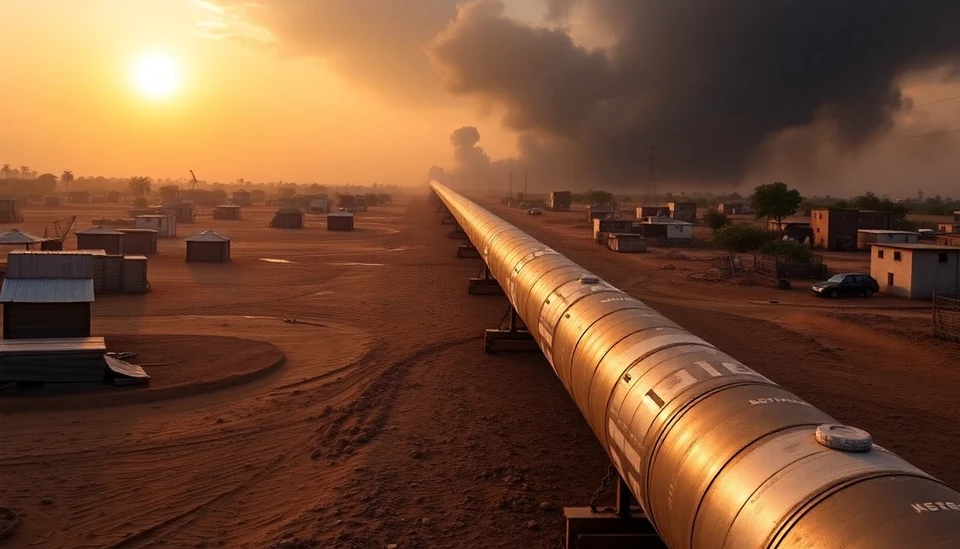
In a bold move aimed at addressing environmental concerns and promoting sustainable practices, South Sudan has announced the introduction of a plastic tax. This policy, as per government officials, is designed to mitigate the adverse effects caused by single-use plastics while simultaneously safeguarding the country’s precious water resources, particularly for bottling purposes.
The newly instituted plastic tax will apply to manufacturers and importers of plastic products, imposing fees that escalate with the volume of plastic produced or imported. Officials have indicated that the funds raised through this taxation will be earmarked for environmental conservation projects, restoration of land affected by plastic pollution, and public education campaigns about sustainable practices.
However, the announcement hasn’t come without its challenges and criticisms. Many industry stakeholders have expressed concerns that the tax could exacerbate existing issues in the water bottling industry. South Sudan, which has been grappling with various economic hurdles and infrastructure challenges, might see a negative impact on local businesses reliant on plastic packaging. This has raised fears that increased costs could ultimately be passed onto consumers, making essential bottled water less accessible to the public.
Moreover, the sustainability of the water supply in South Sudan poses a significant worry. The country faces ongoing struggles with water scarcity, influenced by a combination of climate change and infrastructural deficiencies. Critics of the tax argue that it may divert attention from the more pressing need to establish a reliable water supply and ensure that citizens have access to safe drinking water.
Despite the pushback, some government officials firmly believe that the plastic tax represents a step towards a more sustainable future. They argue that reducing plastic waste is a priority that aligns with global environmental standards and commitments. The government has pledged to work closely with local businesses to find solutions that will allow them to adapt to the new tax while still maintaining essential services.
Looking ahead, the South Sudanese government is also exploring alternative materials and practices that could replace plastic, aiming to stimulate innovation in the packaging industry. As the country navigates the complexities of implementing this new tax, it highlights a broader global conversation about sustainable practices and environmental responsibility. The real test will be balancing economic stability with the imperative of environmental stewardship.
Ultimately, the success of the plastic tax will depend on careful implementation and the ability of the South Sudanese government to support local enterprises through this transition. Observers are keenly watching how this policy will unfold and its possible implications for both the environment and the economy of South Sudan.
As South Sudan embarks on this new regulatory frontier, the potential for both positive change and backlash looms large in the air, signaling a significant moment in the country's environmental and economic narrative.
#SouthSudan #PlasticTax #Sustainability #EnvironmentalPolicy #WaterResources #EconomicImpact #PlasticPollution #SafeDrinkingWater
Author: Laura Mitchell


